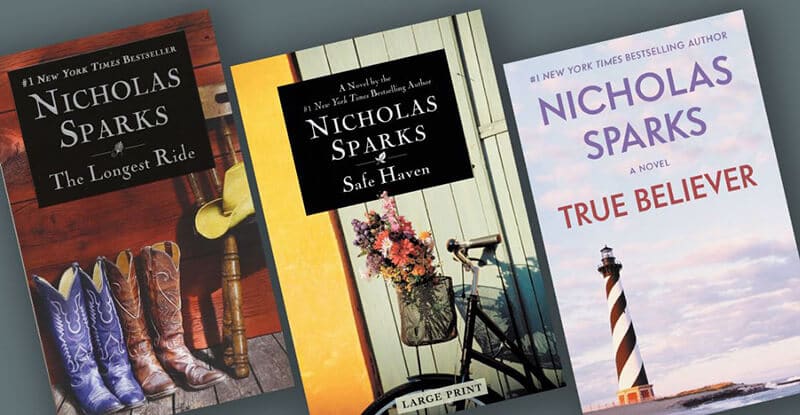A Wreath for Emmett Till
III
Pierced by the screams of a shortened childhood, my heartwood has been scarred for fifty years by what I heard, with hundreds of green ears. That jackal laughter. Two hundred years I stood listening to small struggles to find food, to the songs of creature life, which disappears and comes again, to the music of the spheres. Two hundred years of deaths I understood. Then slaughter axed one quiet summer night, shivering the deep silence of the stars. A running boy, five men in close pursuit. One dark, five pale faces in the moonlight. Noise, silence, back-slaps. One match, five cigars. Emmett Till’s name still catches in the throat.
IV
Emmett Till’s name still catches in my throat, like syllables waylaid in a stutterer’s mouth. A fourteen-year-old stutterer, in the South to visit relatives and to be taught the family’s ways. His mother had finally bought that White Sox cap; she’d made him swear an oath to be careful around white folks. She’s told him the truth of many a Mississippi anecdote: Some white folks have blind souls. In his suitcase she’d packed dungarees, T-shirts, underwear, and comic books. She’d given him a note for the conductor, waved to his chubby face, wondered if he’d remember to brush his hair. Her only child. A body left to bloat.
V
Your only child, a body thrown to bloat, mother of sorrows, of justice denied. Surely you must have thought of suicide, seeing his gray flesh, chains around his throat. Surely you didn’t know you would devote the rest of your changed life to dignified public remembrance of how Emmett died, innocence slaughtered by the hands of hate. If sudden loving light proclaimed you blest would you bow your head in humility, your healed heart overflow with gratitude? Would you say yes, like the mother of Christ? Or would you say no to your destiny, mother of a boy martyr, if you could?
From A Wreath for Emmett Till, by Marilyn Nelson. Text copyright ©2005 by Marilyn Nelson. Reprinted by permission of Houghton Mifflin Harcourt Publishing Company. All rights reserved.

See Marilyn Nelson reading two of today’s featured poems here and listen to her reading the entire sonnet sequence at NPR .
Poet’s Note
I was nine years old when Emmett Till was lynched in 1955. His name and history have been a part of most of my life. When I decided to write a poem about lynching for young people, I knew that I would write about Emmett Till . . . lynched when he was the age of the young people who might read my poem. After revisiting what I knew about lynching, reading more about it, and growing increasingly depressed, I knew that I would write this poem as a heroic crown of sonnets. . . . When I decided to use this form, I had seen only one heroic crown of sonnets, a fantastically beautiful poem by the Danish poet Inger Christensen. Instead of thinking too much about the painful subject of lynching, I thought about what Inger Christensen’s strategy must have been. The strict form became a kind of insulation, a way of protecting myself from the intense pain of the subject matter, and a way to allow the Muse to determine what the poem would say. I wrote this poem with my heart in my mouth and tears in my eyes, breathless with anticipation and surprise. [The foregoing remarks are drawn from “How I Came to Write this Poem,” introduction to A Wreath for Emmett Till—Editor.]

